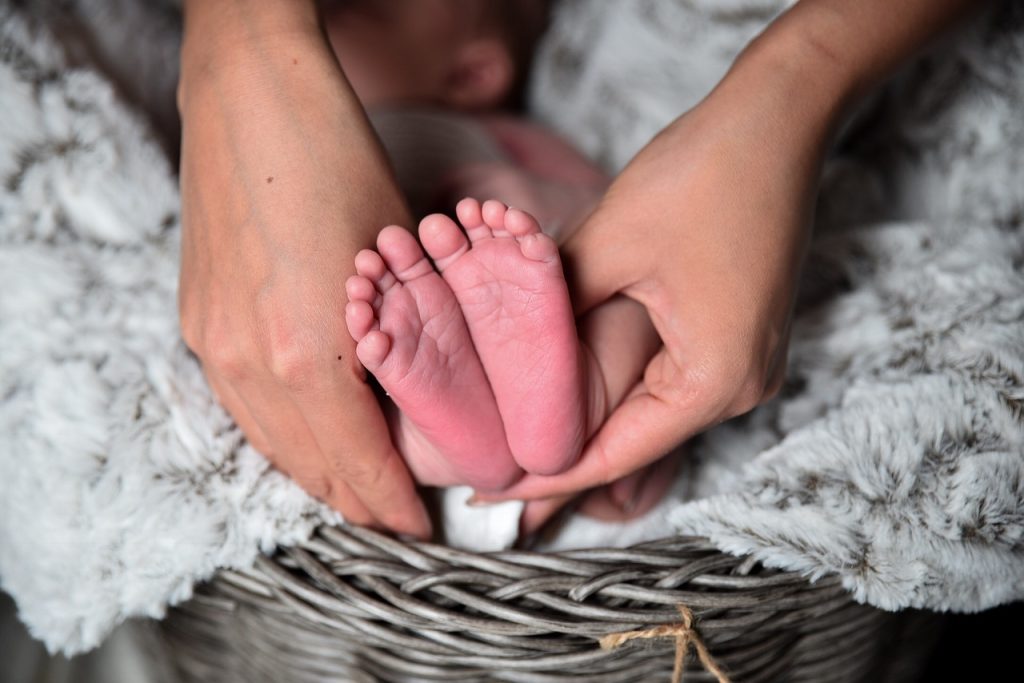Recent years have seen a soar in the popularity of Hypnobirthing. Perhaps once thought of as a bit ‘woo’ or ‘hippy’, more and more expectant parents are now tapping into the mind:body connection and learning simple yet powerful relaxation techniques to prepare for their baby’s birth. So, what are the benefits: –
Hypnobirthing increases/improves
- Confidence for pregnancy and birth (for mum-to-be AND her birth partner)
- Flexibility during labour and birth
- Informed decision making
- Relationship with midwives/doctors
- Higher Apgar score
- Bonding with baby
- Ease of breastfeeding
- Smoother transition to parenthood
Hypnobirthing reduces:
- Fears, anxieties and tension
- Need for medicated pain relief
- Requirement of medical intervention
- Length of labour
- Caesarean rates
- Length of stay in hospital
- Recovery time after birth
- Incidence of post-natal depression
How does it work?
A Hypnobirthing course can be seen as a complete birth toolkit. It teaches simple but specific self-hypnosis, relaxation, breathing and massage techniques for a safe, calm and gentle birth. Simply put, the more relaxed and calm you can be in labour the more in control and positive you will feel.
Hypnobirthing also helps dads and other birth partners understand their role and feel confident about the practical and emotional ways they can support their partners.
It is for all types of birth?
Yes! The techniques are invaluable regardless of the setting, or the way in which your baby enters the world. In fact some of Hypnobirthing’s greatest advocates are those who, for varying reasons, had surgical births. The techniques that they had learned equipped them with the tools they needed to relax, remain calm, and enjoy a positive experience where they still felt in control.
The very point of the techniques is that they work when things are going ‘to plan’ as well as when things may take a turn ‘off plan’: what happens during your birth experience is less important than how you feel about what happens.
Whilst Hypnobirthing doesn’t promise a natural pain-free birth, it does give you the best possible chance of having a straight-forward, vaginal birth, and an experience that you will remember with only positive memories.Sarah teaches in Reading Berkshire. She has worked with many couples to transform their mindset from feeling apprehensive and fearful to feeling prepared, supported, relaxed and excited, and go on to enjoy a birth experience that is positive, empowering and calm.







